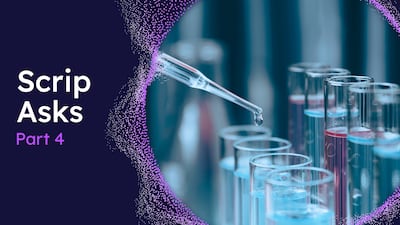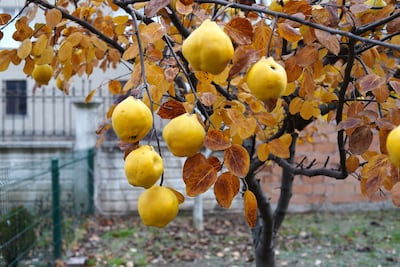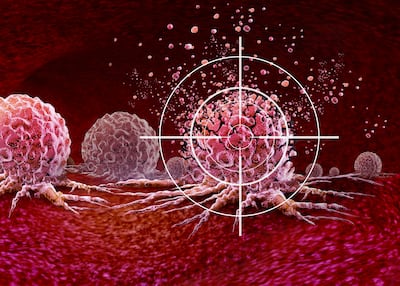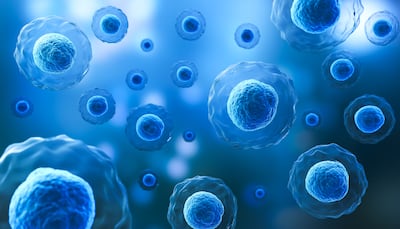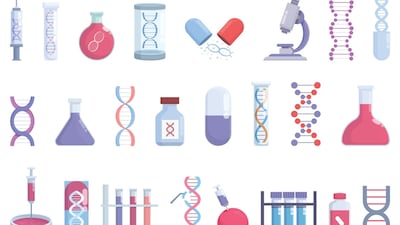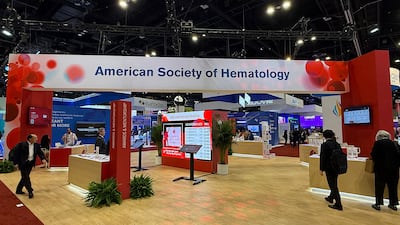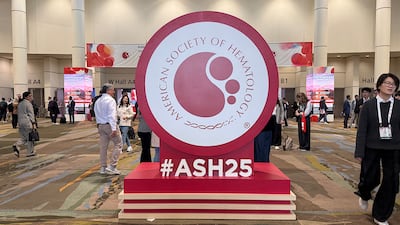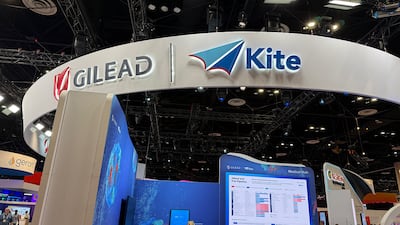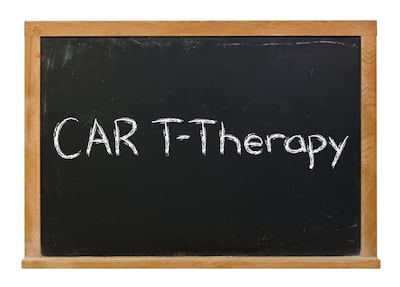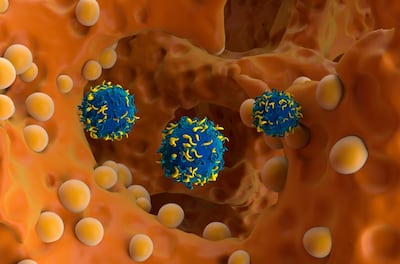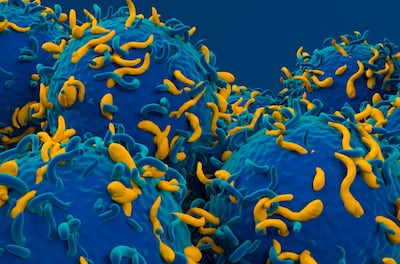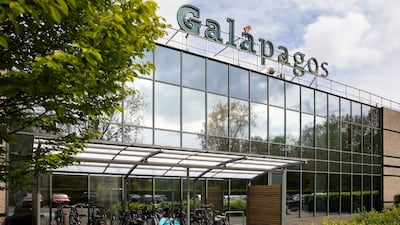Cell Therapies
Enthusiastic predictions from industry leaders for ongoing progress in obesity, oncology, immunology, neuroscience and more were supported by optimism for the potential of AI and other technological advances to enable breakthroughs in processes as well as pipelines.
The company said the NEAT trial in ataxia telangiectasia did not meet the primary and key secondary endpoints.
While several companies await regulatory approval decisions on their cell therapies in Japan, BioCardia proceeds with discussions on an NDA filing and Innovacel readies an IPO.
Patrick Soon-Shiong said that lymphodepletion may end up being proven unnecessary, especially with some of the newer cell therapy approaches.
Immunis thinks its secretome-based biologics could provide off-the-shelf therapies for metabolic conditions related to aging. Monotherapy or combination with GLP-1 agents is being considered.
The firm founded by Treg cell discoverer Shimon Sakaguchi is building up its US team and refining R&D strategy and manufacturing processes to create an example and global path for other Japanese ventures.
With registrational Phase II data in Stiff Person Syndrome, Kyverna intends to file a BLA for mivocabtagene autoleucel in 2026. Longer term, it hopes to get the CAR-T approved for myasthenia gravis.
Next-gen CAR-T therapies showcased at the American Society of Hematology's annual meeting promise improved efficacy and safety, with Novartis, Gilead, and Kelonia advancing pivotal trials and exploring in vivo approaches.
The company presented data on four patients as a late-breaking abstract at the American Society of Hematology meeting.
The company presented positive efficacy and safety data from its registrational Phase II iMMagine-1 trial at the 2025 ASH meeting.
With Gilead reporting that both of its approved CAR-Ts saw sales declines as other products saw growth, a mixture of different competitive headwinds seems to be behind the disparities.
The biotech will present data at the upcoming ASH meeting on three patients who achieved PRs or VGPRs with minimal residual disease negativity and no cases of neurotoxicity.
Data presented at the Berlin meeting highlight the potential of the company's cell therapy anzu-cel to redefine the treatment paradigm for uveal melanoma.
The drugmaker is joining the rush to acquire an in vivo CAR-T therapy developer as concerns mount about whether the health care system can accommodate cell therapies’ dramatic growth.
While some big pharma companies have exited cell and gene therapy, Novartis, Astellas, Gilead’s Kite and AstraZeneca’s Alexion are diving back in, executives said at ARM’s Cell and Gene Meeting on the Mesa.
While there may be the beginnings of a turnaround in biopharma capital markets, gains in the cell and gene therapy space may lag the broader sector recovery, noted speakers at ARM’s Cell and Gene Meeting on the Mesa.
It remains to be seen whether the Trump administration’s most favored nation drug pricing policy will trickle down from big pharma to small biotech, but executives said at ARM’s Cell and Gene Meeting on the Mesa that they are preparing strategies now to manage the future.
Speakers at ARM’s Cell and Gene Meeting on the Mesa highlighted challenges of CAR-T’s evolution from niche to mainstream therapy given health care providers’ limited capacity to deliver the complex care associated with the products.
Non-binding offers have come mostly from groups of financial investors rather than biopharma players.
Japan continues to see promise in iPSC and other cell therapies, despite two major firms recently announcing their withdrawal from the area and other setbacks.

